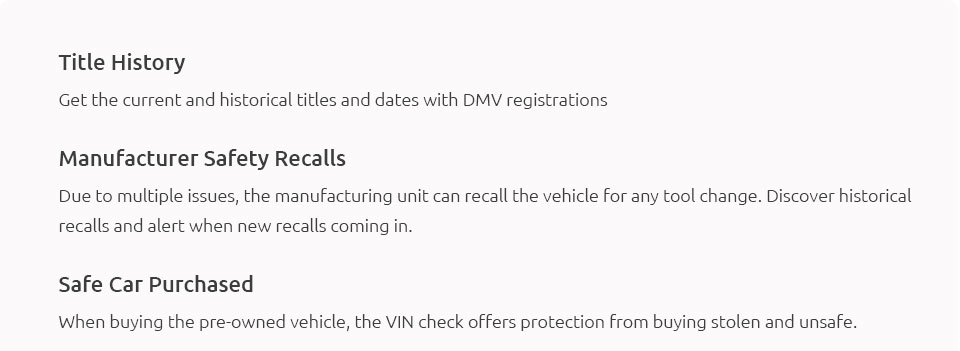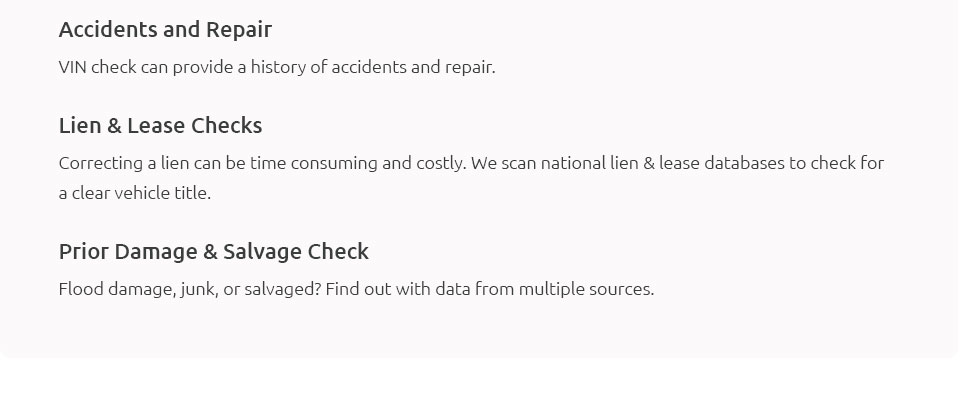 |
 |
 |
||
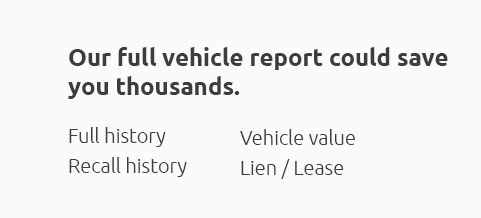 |
 |
|
 |
||
 |
 |
 |
 |
||
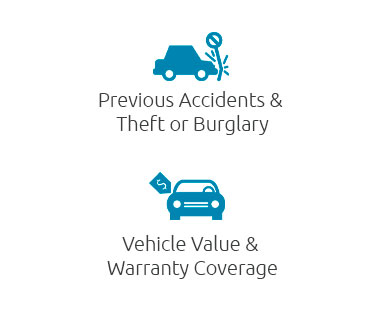 |
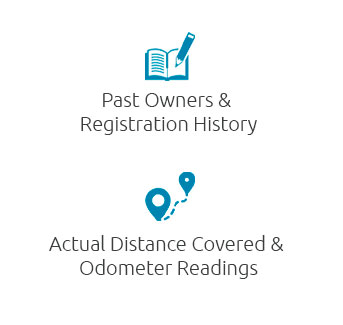 |
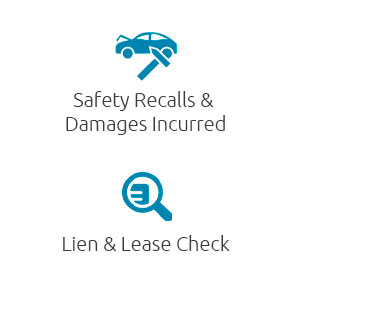 |
 |
 |
||||
|
||||
 |
Understanding VIN Number Checks in Texas: A Comprehensive GuideWhen it comes to purchasing a vehicle in Texas, one of the most vital steps is performing a VIN number check. This simple yet essential process can unveil a trove of information about a vehicle’s history, ensuring that prospective buyers are fully informed before making such a significant investment. But what exactly is a VIN, and why is it so crucial in the Lone Star State? The Vehicle Identification Number, or VIN, is a unique code assigned to every motor vehicle when it's manufactured. Think of it as the vehicle's fingerprint. This 17-character string of numbers and letters provides critical details about the car, including its make, model, year of manufacture, and more. In Texas, as in other states, checking the VIN is a prudent step for anyone considering purchasing a used car, and here's why. Firstly, a VIN check can reveal the vehicle’s history, including past accidents, ownership changes, and title statuses such as salvage or rebuilt titles. This is particularly important in a state like Texas, where weather-related incidents can lead to numerous cars being declared as flood-damaged. A VIN check can help buyers avoid such pitfalls, saving them from potential future headaches and financial loss.
While some might argue that a VIN check is an extra step in an already complicated buying process, the potential benefits far outweigh any inconvenience. By utilizing resources such as the Texas Department of Motor Vehicles or third-party services like Carfax and AutoCheck, buyers can access a comprehensive vehicle history report that provides peace of mind. Moreover, Texas law is quite supportive of consumers in this regard, mandating that sellers disclose certain information about the car's history, but a personal VIN check can fill in any gaps left by the seller. In conclusion, performing a VIN number check is an indispensable part of buying a used vehicle in Texas. It offers transparency and security, allowing buyers to make informed decisions and potentially saving them from future woes. For anyone venturing into the world of car buying, especially in a state as vast and varied as Texas, embracing the power of the VIN check is not just advisable-it’s essential. Whether you're a first-time buyer or a seasoned car enthusiast, understanding the intricacies of the VIN can be the key to unlocking a smoother, safer, and more satisfying vehicle purchase experience. https://www.hctax.net/Forms/VTR-270.pdf
The. VIN CERTIFICATION WAIVED remark remains on the record until a new application for Texas title is submitted with a Vehicle. Inspection Report or Form VTR- ... https://vingurus.com/vin-check/texas
Get a free VIN check and look up the vehicle's information: manufacturer and production specifications, history, and unique features. https://epicvin.com/license-plate-lookup/texas
While you can learn a lot by VIN lookup, this number isn't always available. However, using our Texas license plate search, you can find all the same factory ...
|

